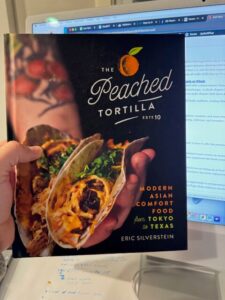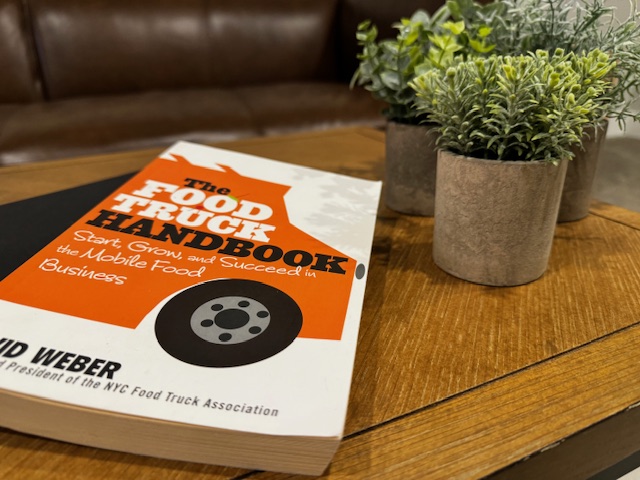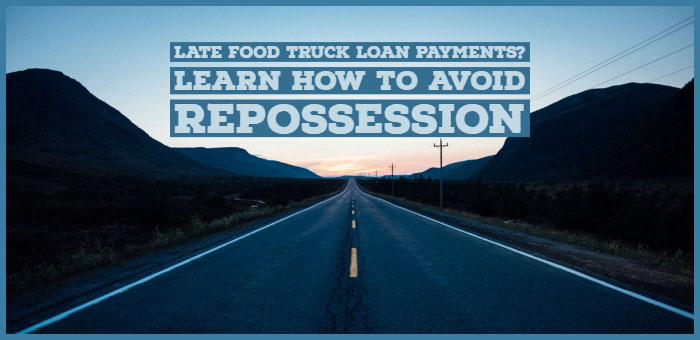Here’s a list of the best food truck books that make the ideal read for a the home cook, avid foodie, or aspiring food truck owner in your life. Spoiler alert: I wrote and helped published one of these books myself! Whether you want to learn the recipes or practical business advice on running a food truck, these titles will help.
Food Truck Stories and Cookbooks
L.A. Son: My Life, My City, My Food
(Author: Roy Choi, Hardcover) Abounding with both the food and the stories that gave rise to Choi’s inspired cooking, L.A. Son takes us through the neighborhoods and streets most tourists never see, from the hidden casinos where gamblers slurp fragrant bowls of pho to Downtown’s Jewelry District, where a ten-year-old Choi wolfed down Jewish deli classics between diamond deliveries; from the kitchen of his parents’ Korean restaurant and his mother’s pungent kimchi to the boulevards of East L.A. and the best taquerias in the country, to, at last, the curbside view from one of his emblematic Kogi taco trucks, where people from all walks of life line up for a revolutionary meal.
Roy Choi has been a transformative figure in the Los Angeles food scene, largely credited with revolutionizing street food through the launch of his Kogi BBQ taco truck. His fusion of Korean and Mexican cuisines, served from a mobile kitchen, not only captivated taste buds across the city but also paved the way for a new era of food trucks, blending cultures and flavors in innovative ways. Choi’s success story is not just about introducing a novel culinary concept for the time period.

Roy Choi quote.
A key takeaway from Choi’s book, “L.A. Son: My Life, My City, My Food,” is the importance of authenticity and passion. Choi’s journey is a testament to staying true to one’s roots and experiences. He didn’t just create a menu, he shared a part of his life, heritage, and love for LA through food. This authenticity garnered a following that went beyond the novelty of a food truck, creating a deep, emotional connection with customers.
For those dreaming of starting their own food truck, Choi’s story underscores the power of passion and authenticity in the culinary world. It’s not just about filling a niche in the market but about pouring your story, identity, and love into what you serve. This approach not only sets you apart in a crowded market but also builds a loyal community around a brand.
The Truck Food Cookbook: 150 Recipes and Ramblings from America’s Best Restaurants on Wheels
(Author: John T. Edge) John T. Edge shares the recipes, special tips, and techniques. And what a menu-board: Tamarind-Glazed Fried Chicken Drummettes. Kalbi Beef Sliders. Porchetta. The lily-gilding Grilled Cheese Cheeseburger. A whole chapter’s worth of tacos—Mexican, Korean, Chinese fusion. Plus sweets, from Sweet Potato Cupcakes to an easy-to-make Cheater Soft-Serve Ice Cream.
Hundreds of full-color photographs capture the lively street food gestalt and its hip and funky aesthetic, making this both an insider’s cookbook and a document of the hottest trend in American food. If you want to find the exact recipes on a huge list of food trucks this is the book you need to add to your library.
One standout recipe is the decadent and savory “Grilled Cheese with Caramelized Onions.” This is a gourmet twist on a classic favorite that elevates the humble sandwich to new heights. The recipe calls for thick slices of artisan bread, generously buttered and filled with a blend of sharp cheddar and creamy Gruyère cheese. But the ingredient that puts this sandwich over the top is the sweet and savory caramelized onions, cooked down to a jam-like consistency, adding a rich depth of flavor that perfectly complements the melted cheese.
Eat St.: Recipes from the Tastiest, Messiest, and Most Irresistible Food Trucks
(Author: James Cunningham) Eat St. is a lip-smacking celebration of North America’s tastiest, messiest, and most irresistible street food. Join James Cunningham on the ultimate cross-country culinary road trip to find the most daring, delicious, and inventive street food across the country.

My copy of The Peached Tortilla book.
The Peached Tortilla: Modern Asian Comfort Food from Tokyo to Texas
(Author: Eric Silverstein) Some of the most unlikely people end up starting and growing food truck business. Silverstein quit his job as a lawyer to open a fledgling food cart in Austin, Texas, that evolved into a locally beloved brand with multiple restaurant locations. The next time you’re in the Austin airport, I suggest checking out The Peached Tortilla location at the food court inside. It sure beats what you’ll get once you board the airplane.
This is a cookbook where Silverstein shares his personal story growing up with a Japanese mother and Jewish father. This upbringing influenced the unique flavors of fusion dishes like the Banh Mi Taco and Bacon Jam Fries The Peached Tortilla restaurant is recognized for. Silverstein describes his cooking style as Asian Comfort Food with Southern Charm.
Food Truck Business Books
The Food Truck Handbook: Start, Grow, and Succeed in the Mobile Food Business
(Author: David Weber) Author David Weber, a food truck advocate and entrepreneur himself, is here to offer his practical, step-by-step advice to achieving your mobile food mogul dreams in The Food Truck Handbook.
This book cuts through all of the hype to give both hopeful entrepreneurs and already established truck owners an accurate portrayal (the good and bad) of life on the streets. From concept to gaining a loyal following to preventative maintenance on your equipment this book covers it all.
One of the key concepts from David Weber’s book that I found enlightening was on the importance of understanding your market and target audience. Weber emphasizes the need for food truck owners to conduct thorough market research to identify their ideal customers and to understand the competitive landscape. This involves determining the most appealing menu items, pricing strategies, and locations that attract the target demographic.
Additionally, understanding seasonal trends, local events, and consumer preferences in the area can help food truck owners tailor their offerings and marketing strategies to meet the specific demands of their market. This concept is crucial for creating a successful food truck business, as it directly impacts the ability to attract and retain customers, ultimately influencing the truck’s profitability and growth potential. If you’re wondering how to start a food truck business you’ve found your guide.
Running a Food Truck For Dummies
Full disclosure: I wrote this book so I admit a my bias for the book. (Author: Richard Myrick) A new generation of street food lovers are lining up at food trucks and food carts. Though the idea is a long-standing part of American and world culture, the street food industry has never enjoyed so much popularity or publicity as we are experiencing right now.
One of the key takeaways I want new food truck owners to take away from this book is the importance of writing a comprehensive business plan. This plan should serve as a roadmap for the future of your food truck business. This plan should cover aspects such as your concept and brand, menu and pricing, target market, marketing and sales strategies, operations plan (including logistics and staffing), and financial projections.
I highlighted this concept because it encapsulates the foundation of a successful food truck venture. A well-crafted business plan forces entrepreneurs to think through all aspects of their business, identify potential challenges, and develop strategies for growth and sustainability.
I firmly believe it’s critical for aspiring food vendors to clarify their business vision, set realistic goals, and understand what sets their cart apart from everyone else. Moreover, a business plan is a living document that can adapt as the business grows, ensuring that the food truck remains aligned with its objectives and can responsive to market changes. This strategic planning is essential in the highly competitive and dynamic food truck industry, where success depends not only on great food but also on sound business practices. I’ve seen so many food truck vendors get into the business because they have a passion for cooking. That’s great, but you’ve also got to be prepared to run a profitable business and that’s what this book teaches you how to do.
With lower start-up costs than traditional “store front” restaurants, food trucks offer a unique opportunity to entrepreneurs in a business climate where credit is tight and capital is scarce. In Running a Food Truck For Dummies, you’ll get all the delicious details needed to start your own food truck business quickly, affordably, and successfully.




